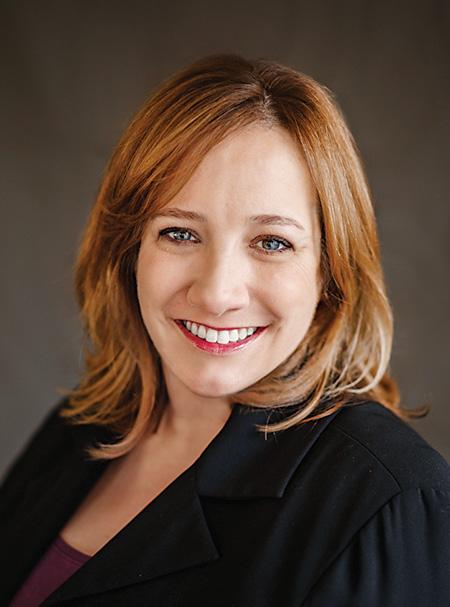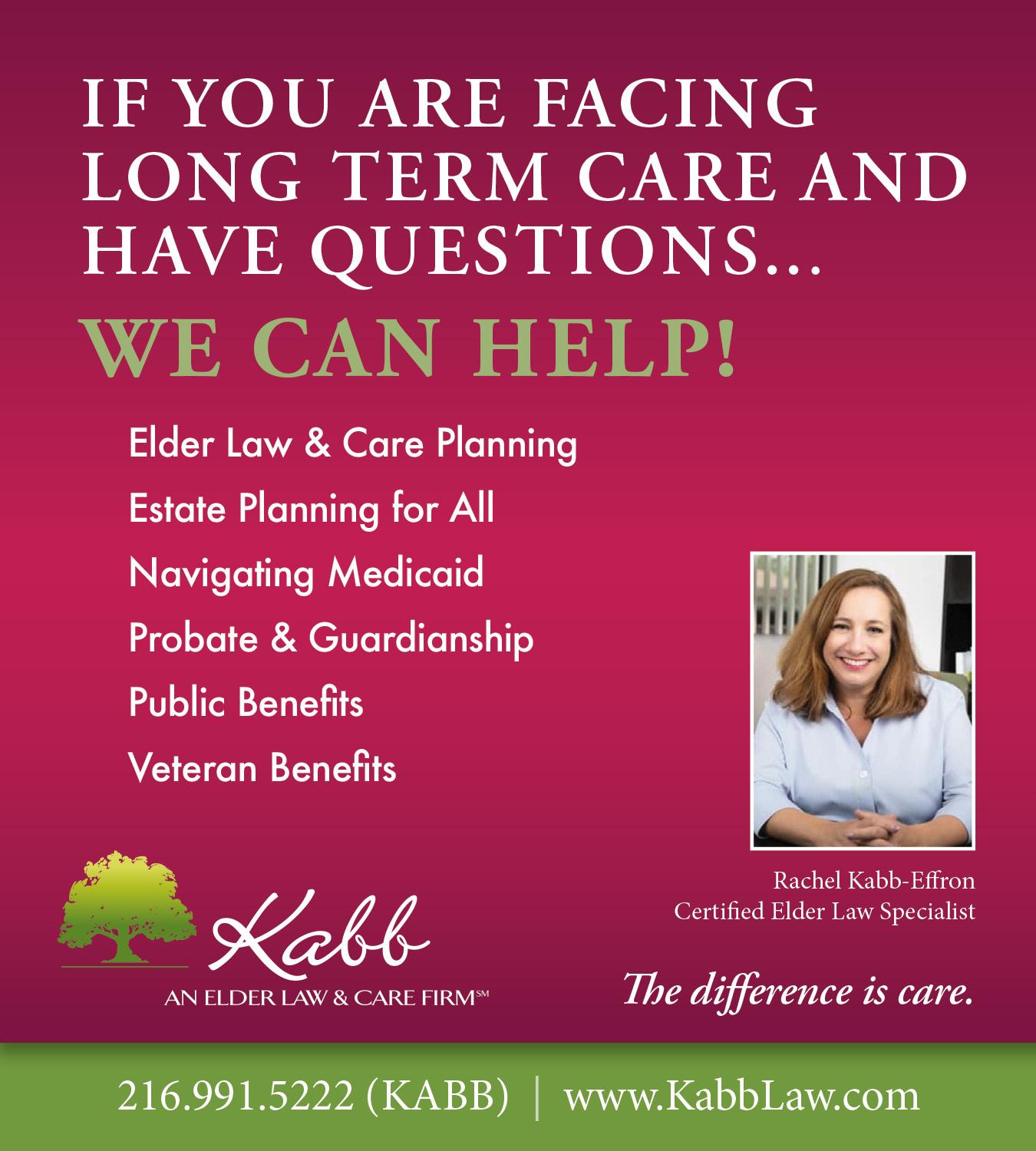
3 minute read
Estate Planning for Property Owners
from Northeast Ohio Boomer | July August 2023
by Mitchell Media LLC: Northeast Ohio Parent & Northeast Ohio Thrive/Boomer
Protect Your Assets
By Amy Turos
If you own real estate, chances are, you have unique needs when it comes to estate planning. Here’s the breakdown!
Estate planning is a plan that you put in place to make sure your assets transfer to your loved ones without probate court. With proper estate planning, there is no need for probate court. Some questions to consider are, Will your loved ones encounter debt when settling your affairs? What about property tax payments on the Estate you pass down? How will your assets transfer to your loved ones?
Estate planning is an important part of planning for the future, especially for real estate owners. There are a vast number of estate planning tools to accomplish estate planning goals. Every family is unique, so not all estate plans are the same.
Estate Planning For Real Estate Owners

An estate plan can be a tailor-made, legally binding series of documents that outlines your last wishes for yourself and your assets after death.
An estate plan keeps your properties and possessions safe during life and ensures that they get to where you intend them to go after death.
With real estate, we have to know how the property is titled and if there are any mortgages or liens on the property.
Asset Protection
Many real estate owners will accumulate one-of-a-kind properties. A trust-based estate plan is a comprehensive way to protect your assets in life and after death. For real estate owners, a trust can also provide legal protections for the trustees.
With proper estate planning, you can maintain your real estate assets for future generations, or if you have minor children. You can place just about anything in a trust for safekeeping. Typically, when you fund a trust with real estate, you are transferring the ownership of that property from yourself to your trust. This keeps it safe for your beneficiaries after death.
There are numerous types of trusts, so it’s important to know which type of trust is right for you and your family. If there is debt enumerated on the property, that must be addressed before the property can be transferred to the trust.
Avoiding Probate
Probate court handles transferring of assets when there isn’t a proper estate plan in place. It can also come with its own set of fees, long waits, and lots of paperwork. If there is no executor named in an estate plan, it can take the probate court weeks or months to appoint an executor and get the process started. And that wait may cost you, even if it’s not contested.
When a will gets stuck in the probate process, the estate is responsible for paying the fees and taxes related to it. Depending on the size of the estate, probate could eat into an inheritance. It may even require you to sell off assets to pay off the debts of the estate. You lose control, time, money and resources with probate court.
To avoid probate, real estate owners have many estate planning options. They can put their properties into a trust or they may also set up Joint Tenancy or Transfer on Death Deeds in states that permit it, which would transfer ownership of a property to the co-owner (or owners) immediately after death, without probate court. This isn’t an automatic transfer, but it does avoid involving probate court.
By avoiding probate, your assets, including all your real estate properties and investments, would pass to your beneficiaries without wasting time and money.
Your Estate Plan
An estate plan allows real estate owners to pass their legacy on to their families without compromise. There are many estate planning tools that can help with any type of asset that clients have.
Attorney Amy Turos represents clients in Portage, Trumbull, Geauga and Summit counties. Her website is ohiofamilyandcivillaw.com.


Sponsored Content
WHAT IS ELDER LAW?
Presented by Kabb Law
ANSWER: As a person ages, they have new legal needs. Estate planning must be reviewed, making sure beneficiaries are up to date, special needs provided for, and care wishes respected. All are critical.
Finding the right resources for disability and care needs through Medicaid, Medicare and Veterans Administration programs can be confusing. Many people fear they will lose their life savings to pay for the high cost of care.
Did you know that married couples, in many cases, can keep most of their assets including the house, retirement accounts and half of their assets up to $148,620? Knowing the rules puts you in control.
Having an elder law attorney as an advocate is crucial; establishing that relationship while you are healthy is critical. The Kabb Law Firm can help.











